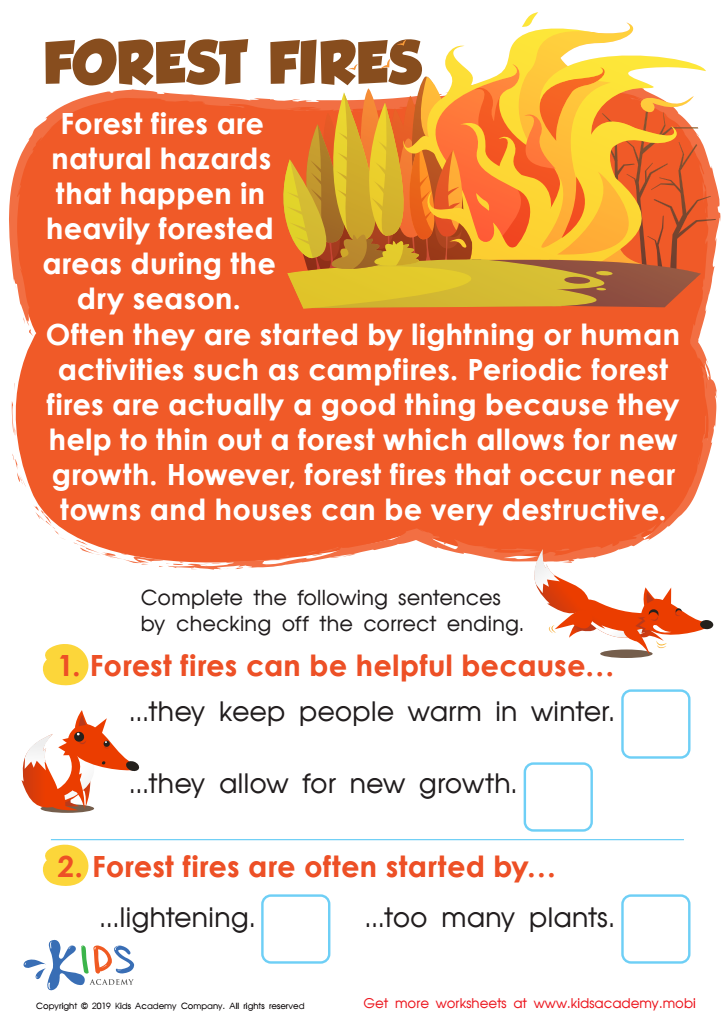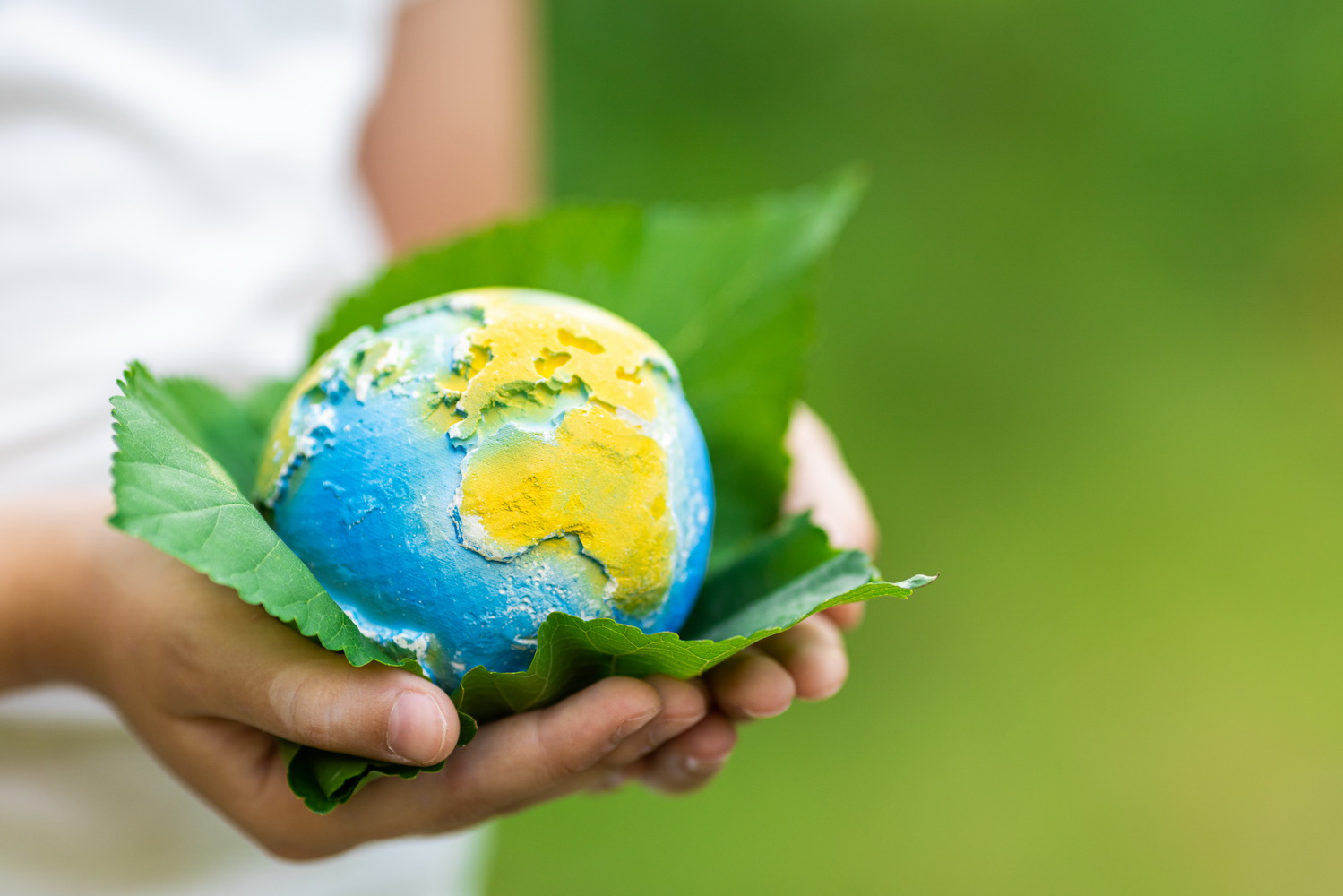Understanding ecosystems Normal Our Planet and Environment Worksheets for Ages 5-9
4 filtered results
-
From - To
Discover our "Understanding Ecosystems - Our Planet and Environment" worksheets, specially designed for ages 5-9. These engaging and educational resources introduce young learners to the basics of ecosystems, habitats, and the interdependence of plants and animals. Through fun activities and colorful illustrations, kids learn how every element of an ecosystem plays a crucial role, fostering a deeper appreciation for nature and environmental stewardship. Perfect for both classroom use and homeschooling, these worksheets help develop critical thinking and scientific inquiry skills. Equip your child with the knowledge to understand and protect our precious planet!


Ecosystems: Assessment 1 Worksheet


Forest Fires Worksheet


Ecosystems: Assessment 2 Worksheet


Animals and Plants: Assessment 1 Worksheet
Understanding ecosystems, our planet, and the environment is crucial for young children (ages 5-9) because it sets the foundation for a lifelong respect and sense of responsibility for nature. For one, this knowledge helps children recognize the intricate connections between plants, animals, weather, and human activities, fostering an appreciation for biodiversity and natural resources.
Parents and teachers play a pivotal role in nurturing these young minds. When educators and parents actively engage kids with stories, activities, and simple science experiments focused on ecosystems, children develop critical thinking and problem-solving skills. They begin to understand how their actions can impact the environment positively or negatively.
Additionally, fostering an early interest in the environment instills values of sustainability and conservation from a young age, encouraging habits that protect our planet, such as recycling, conserving water, and respecting wildlife. In a broader sense, this sets the stage for stewarding the environment as future adults, ultimately contributing to addressing global challenges like climate change, habitat destruction, and pollution.
In conclusion, nurturing an interest in ecosystems and the environment among young children is an investment in their future and the future of the planet. By creating environmentally conscious individuals, we help ensure a healthier, more sustainable world.
 Assign to My Students
Assign to My Students















